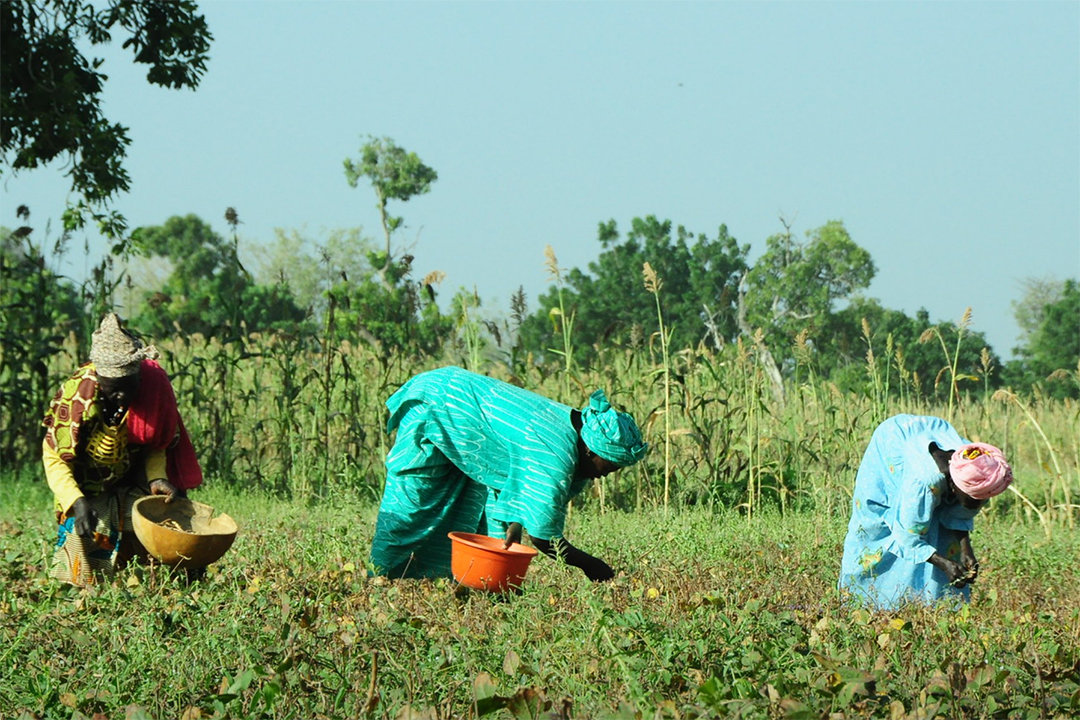The UN Department of Economic and Social Affairs (DESA) has released the World Social Report for 2021. The primary focus of this year’s report is on rural development and how critical it is to eradicate the divide between urban and rural communities.
According to the report, “four out of five people living below the poverty line, live in rural areas.” The authors note that progress towards achieving the 2030 Agenda is reliant on the anchoring principle that no one be left behind, and it “offers strategic principles, programmes of action, and a set of policies” for rural development. As guidance, the report offers strategies for SDG harmonization as a means of ensuring resilient and sustainable rural development though investment in institutions, water-and-land use technologies, and circular and conservation practices.
These solutions could help avert the projected scenario in which global water supply exceeds capacity by 2030.
Among the successful case studies provided in the report, Lao People’s Democratic Republic is highlighted for reducing its urban-rural gap in water access with the use of community-based resource management.
The report notes that agriculture is responsible for 70% of global water use, and identifies potential solutions for rural regions, including greater reliance on water harvesting and water recycling, and the use of information and communication technologies to improve land-use productivity. The authors suggest that these solutions could help avert the report’s projected baseline scenario in which global water withdrawals exceed water supply by 2030.
In a section on ‘Towards rural development strategies more conducive to achieving the SDGs,’ the report presents strategies to help countries ensure that rural development also protects the environment and achievement of the SDGs. It provides a framework aimed at strengthening three areas: water- and land-use technologies, circular and conservation practices, and investment in institutions. On strengthening circular and conservation practices in sustainable agriculture, the report specifically highlights organic farming, mixed farming, smallholder farming, and sustainable livestock management practices.
The 2021 World Social Report centers policy recommendations on the need to assign an “active and preceding role to rural development,” wherein technology is presented as a fundamental driver of development, and productivity is defined as complementary to sustainability instead of undermining the very foundations of it.
Also central to rural development policy recommendations is the notion that rural development requires physical, social, and economic investments. Suggestions include investing in reliable transportation and electricity, basic infrastructure in which rural regions lack, thereby contributing to the urban-rural divide. The authors suggest that this divide can be minimized through programmes geared towards human capital development. Moving forward, communities in rural regions would benefit from a higher level of social protection, especially for indigenous people and rural women. Through these policy recommendations, it is evident that “rural development can be a powerful force driving overall national development” in their efforts to achieve the SDGs and the 2030 Agenda for Sustainable Development, the report concludes.
The World Social Report 2021 was released on 20 May 2021 as part of DESA’s annual reporting on global socio-economic trends. [Publication: World Social Report 2021: Reconsidering Rural Development]
This article was authored by Rukiya Abdulle, Generation 2030 and SDGs Student Associate, IISD.
